May 31, 2025 | 13:41 GMT +7
May 31, 2025 | 13:41 GMT +7
Hotline: 0913.378.918
May 31, 2025 | 13:41 GMT +7
Hotline: 0913.378.918
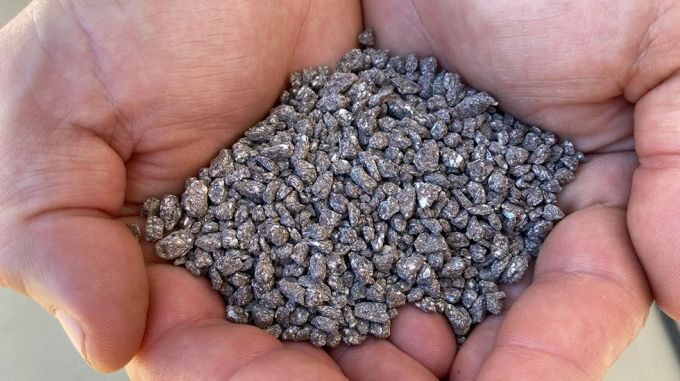
Global fertilizer prices increased significantly in the first months of 2021. Photo: TL.
According to Vietnam Industry and Trade Information Centre - VITIC under the Ministry of Industry and Trade, in the last week of April, the average price of DAP fertilizer was US$ 629/tonne, MAP US$ 703/tonne and Potash US$ 433/tonne, nearly 1% increase from last month.
At the same time, Urea price recorded US$ 513/tonne and Ammonium Polyphosphate 10-34-0 US$ 613/tonne, up 2%. The average UAN 28 price was US$ 350/tonne, up 3%; prices of Anhydrous and UAN32 increase 4% to US$ 710/tonne and US$ 319/tonne respectively.
Thus, compared to the same period last year, potash price is now up 17% ; Ammonium Polyphosphate 10-34-0 up 31%, Urea up 33%, UAN32 up 40%, Anhydrous up 44%, UAN28 up 48%, DAP up 52% and MAP up 62%
Previously, in the first quarter of 2021, global fertilizer price index jumped 24%, led by phosphate and urea due to strong demand and rising raw material costs; potash saw the lower increase in price due to abundant supply. Because fertilizer prices continued to climb sharply over the past months, retail prices of all fertilizers are now higher compared to last year.
In the first quarter of 2021, DAP price rose more than 34% in the global market, TSP up 38%, Urea up nearly 30%... The main reason was strong demand and tight supply due to the fact that the Covid-19 pandemic created chaos on manufacturing as well as transportation. The pandemic caused the acute shortage of available empty containers. As a result, the freight rates have skyrocketed. Many sea freight rates increased by more than 100%. This is also a reason for the increase in global fertilizer prices.
In addition, rising prices of energy, raw materials for fertilizer production like ammonia and sulfur, etc also contributed to pulling the world fertilizer prices up. Prices of petroleum, chemicals, inputs for fertilizer production increased by 30-40% over the past time which affected directly to urea, DAP, SA, Sulfur, etc. In particular, gas prices have soared sharply from the beginning of this year amid unusual freezing temperatures, pushing spot price of liquefied natural gas (LNG) in Asia, Europe and the western United States to record highs.
China, the world' largest producer and consumer of fertilizers, recently faced a coal and gas crisis which indirectly affected the global fertilizer industry, reducing supply. Recently, the prices of anthracite and bitumen, the two main materials for urea production in China, have increased sharply. The situation forced the Chinese government to limit fertilizer export to prioritize domestic crops, causing global fertilizer shortage.
In the first months of this year, the demand for fertilizers increased strongly in the international market, especially in the world's largest agricultural economies such as Europe, USA, Brazil and a number of Asian countries.
According to Mosaic, the global economic recovery will pull the demand for food to increase in every region of the world which encourages farmers to expand cropping area and invest more in crop care, increasing demand for fertilizers. Governments' economic stimulus programs are also a factor keep fertilizer prices high.
Also according to VITIC, another noteworthy thing is that China's demand for animal feed is rising very quickly as the country's pig herd rebounds after African swine fever which also increases the demand for feed ingredients in both China and other countries. This contributes to boost global fertilizer demand, pushing the prices higher.
In accordance with General Department of Vietnam Customs, in the first quarter of 2021, Vietnam imported 986,000 tonnes of fertilizers, equivalent to the same period last year. However, the average price of imported fertilizers rose by 7,3% to US$ 267.5/tonne. Vietnam spent US$ 123.44 million to import 467,841 tonnes of fertilizers from China during that time. The import price from China in this period also advanced 12.7% compared to the same period last year.
Translated by Mai Tham
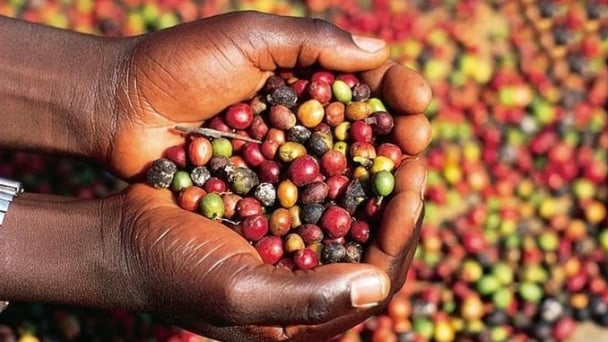
(VAN) Coffee prices on May 29, 2025, are fluctuating. The domestic coffee market declined, dropping by VND 2,200, trading at VND 119,700 – VND 120,000/kg.
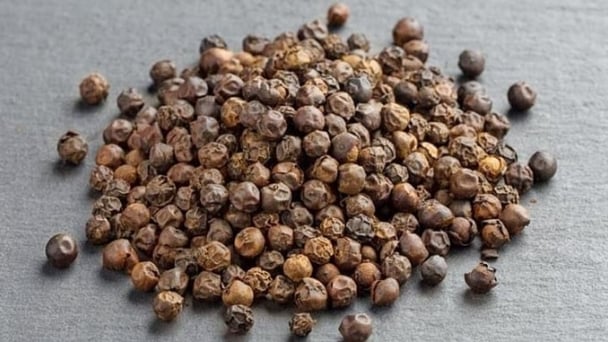
(VAN) Pepper prices on May 29, 2025 declined sharply. Domestic pepper prices in Vietnam remain stable, Trading at VND 147,000 to VND 148,000/kg.

(VAN) Rubber prices on May 28, 2025 are maintaining an upward trend. Domestic latex prices remain stable, trading in the range of VND 397 to VND 462/TSC.
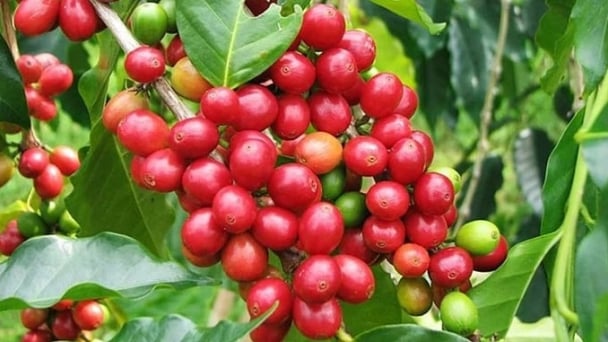
(VAN) Coffee prices on May 28, 2025, show mixed movements. Domestically, prices dropped sharply by VND 1,600, trading at VND 121,700 – VND 122,200/kg.
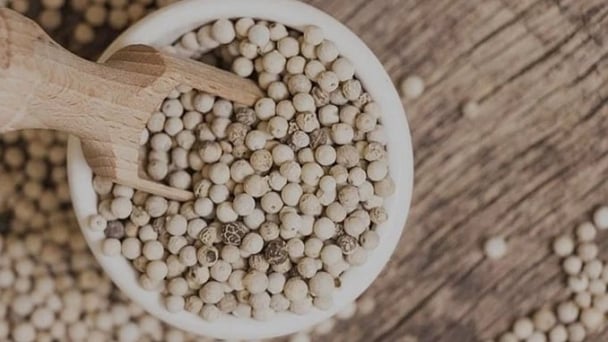
(VAN) Pepper prices on May 28, 2025, remained unchanged globally. Domestic pepper prices have increased by VND 1,500, trading at VND 147,000 – VND 148,000/kg.
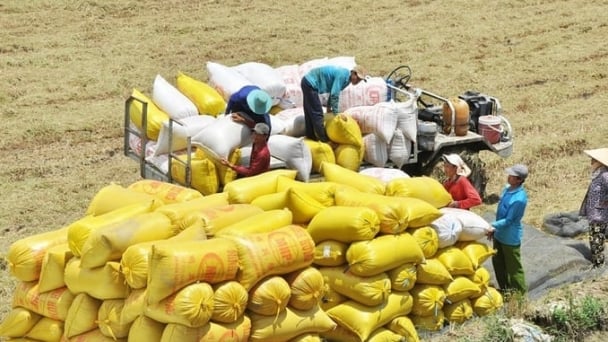
(VAN) Rice prices on May 27, 2025, show no new changes for both paddy and milled rice. Meanwhile, Vietnam’s export rice prices continue to remain flat.
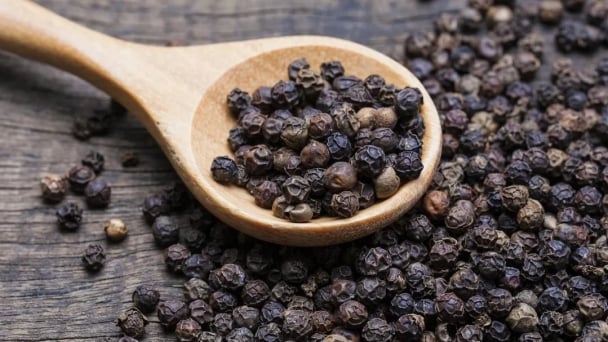
(VAN) Pepper prices on May 27, 2025, recorded a slight increase in Indonesia, while domestic prices remain stable, trading at VND 146,000 to VND 147,000/kg.